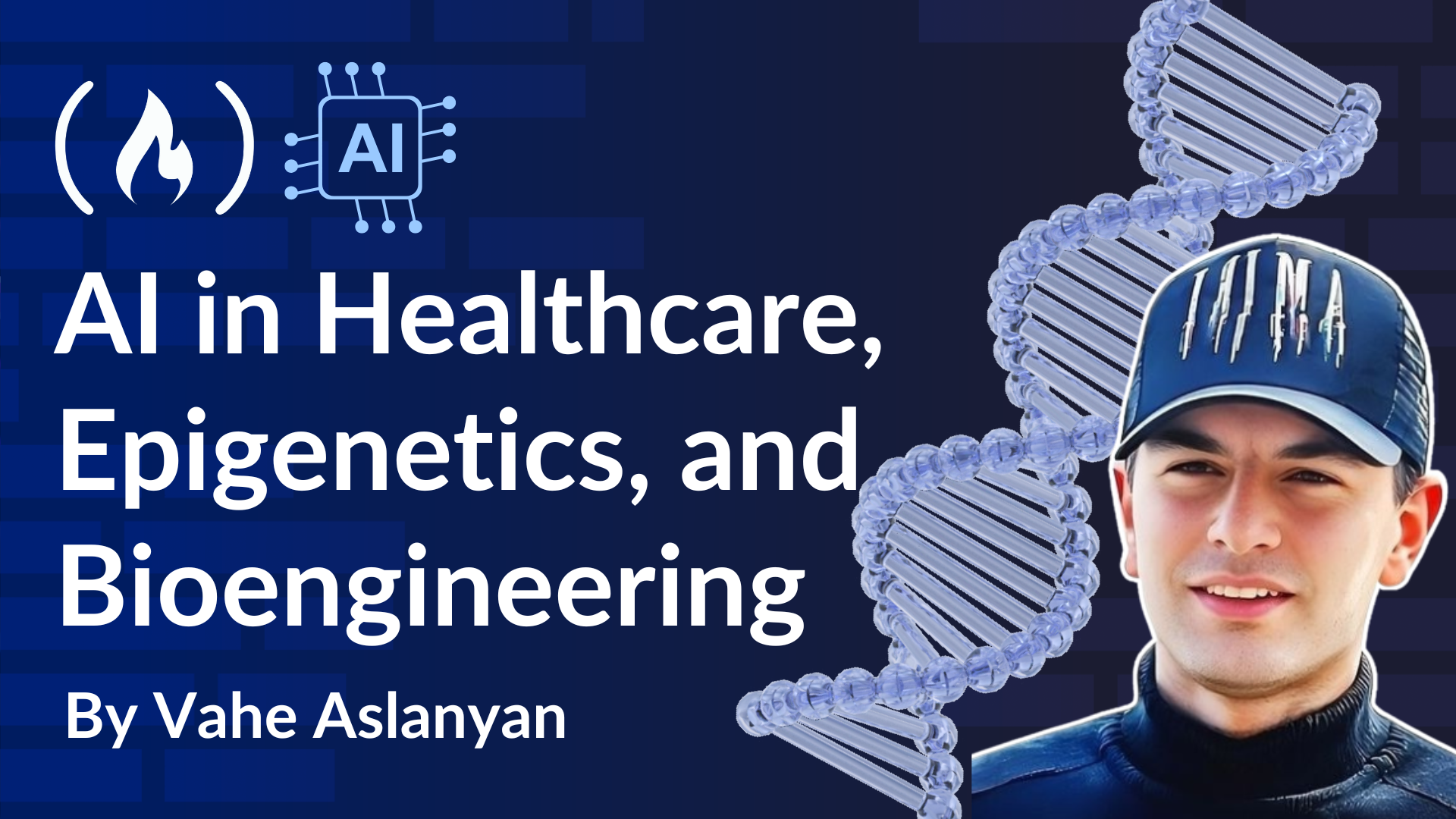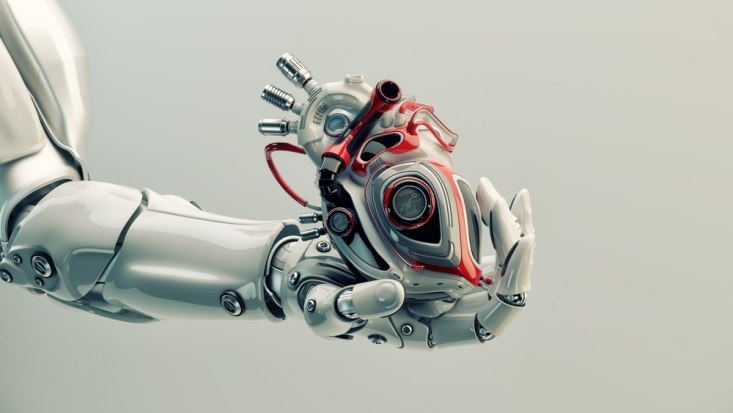
Aging and Longevity
Aging and Longevity 관련
Longevity Science and Human Lifespan
Advances in bioengineering hold tantalizing prospects for extending human lifespan while improving quality of life during aging—a field often referred to as “longevity science.”
By targeting the biological mechanisms that drive aging and age-related diseases, bioengineers aim to slow down or even reverse the aging process, enabling individuals to live longer, healthier lives. This ambitious goal involves a multidisciplinary approach, integrating insights from genetics, molecular biology, regenerative medicine, and bioinformatics to develop comprehensive strategies for promoting longevity.
The potential to extend healthy lifespan not only has profound implications for individual well-being but also for societal structures, including healthcare systems, economies, and social support networks. As research in longevity science progresses, it promises to unlock new understanding of the aging process and pave the way for innovative interventions that enhance human health and longevity.
Targeting Cellular Senescence for Anti-Aging
One promising avenue involves targeting cellular senescence—the process by which cells lose their ability to divide but remain metabolically active, contributing to inflammation and tissue dysfunction over time.
By removing senescent cells or reversing their effects through small molecules known as senolytics, researchers aim to delay age-related diseases like arthritis or Alzheimer’s significantly. Senolytic therapies have shown promise in preclinical studies, demonstrating the ability to improve physical function and extend lifespan in animal models.
By clearing senescent cells, these treatments reduce chronic inflammation and tissue damage, addressing some of the root causes of aging and promoting healthier aging processes. As senolytic therapies advance through clinical trials, they hold the potential to become a cornerstone of anti-aging medicine, offering new ways to enhance healthspan—the period of life spent in good health—alongside lifespan.
Enhancing DNA Repair Mechanisms
Another strategy focuses on enhancing DNA repair mechanisms compromised over time due to accumulated damage from environmental stressors like toxins or radiation exposure.
As we age, the accumulation of DNA damage can lead to cellular dysfunction, mutations, and the development of age-related diseases. Bioengineering approaches aim to bolster the body's natural DNA repair processes, ensuring that cells maintain their integrity and functionality throughout life.
Techniques such as gene therapy and CRISPR-based gene editing are being explored to enhance the expression of DNA repair enzymes or correct genetic mutations that impair repair mechanisms. By improving the efficiency and accuracy of DNA repair, these interventions could slow down the aging process at the cellular level, reducing the incidence of diseases associated with genetic damage and promoting overall cellular health.
Enhanced DNA repair mechanisms not only contribute to longevity but also improve the resilience of cells against various forms of stress, supporting healthier and more robust aging.
Epigenetic Reprogramming and Rejuvenation
Epigenetic reprogramming offers another avenue by resetting biological clocks within cells—a process already demonstrated in animal models with promising results for rejuvenation therapies. Epigenetic modifications, which influence gene expression without altering the underlying DNA sequence, play a crucial role in regulating cellular function and aging.
By reprogramming the epigenetic state of cells, scientists can potentially reverse age-related changes, restoring youthful function and vitality.
This approach has shown success in extending the lifespan and improving healthspan in animal studies, indicating its potential applicability to humans. Epigenetic reprogramming could lead to therapies that not only extend lifespan but also enhance the quality of life during aging by maintaining cellular and tissue health.
As research progresses, epigenetic interventions may become a key component of anti-aging strategies, offering a way to rejuvenate cells and tissues and promote healthier, longer lives.
